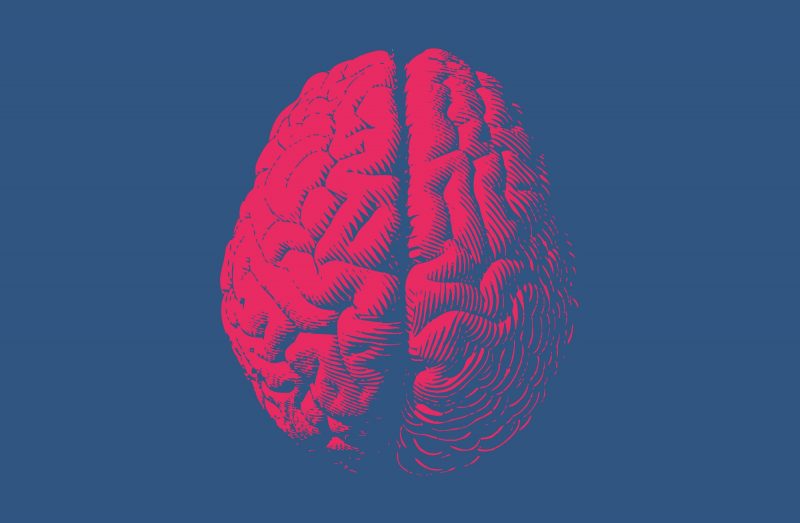Concussions and their long-term effect on brain health has been the focus of a great deal of research over the last decade due to what has come to light about former stars of the National Football League.
But it’s more than just football stars suffering concussions every day. According the Brain Injury Research Institute, there are somewhere between 1.6-3.8 million concussions each year, and that’s just the ones that occur during sports or recreational activities. It defines a concussion, or mild traumatic brain injury, as any incident in which causes the brain to move rapidly inside the skull.
These injuries to your brain require time to heal. Even the mildest concussion can have long-term effects that subtly change over time.

Can Concussion Symptoms Last for Years?
Research shows even when the symptoms of a concussion seem to have faded, the brain is still not completely healed. Examinations of severe head trauma cases in particular indicate that motor pathways show signs of atrophy and brain wave activity remains abnormal for years after the incident.
Studies examining former athletes who suffered concussions revealed that they had symptoms similar to early Parkinson’s disease as well as memory and attention deficits.
Some tests suggest that older adults who suffered a concussion in the past experienced a thinning of the cortex in the same part of the brain that is affected by Alzheimer’s disease.
The cortex of the brain is the already thin outermost layer of nerve cell tissue of the brain, typically measuring a few millimeters in thickness. It contains nerve cell bodies and is critical to healthy cognitive functions, things such as perception, language, memory and consciousness. The cortex begins to thin after the age of five or six as part of the normal aging process, but as you can imagine, speeding up the process has severe consequences for older adults.

The correlation to neurodegenerative conditions is stronger based on the severity or multiplicity of traumatic brain injuries. The association between them is noticeable for more than 30 years after a traumatic event.
Concussions in Older Adults
Often associated with sports, concussions can be the result of any number of events, be it a car accident, physical abuse or a traumatic fall. Any of these can place the concussed person at risk of experiencing ongoing symptoms and developing neurodegenerative diseases.
One term that has received a lot of attention since research began looking at former NFL players and boxers is CTE, or chronic traumatic encephalopathy.
CTE can cause short term memory loss and cloud a person’s ability to make reasoned judgments or decisions. For individuals over the age of 50, it’s not uncommon for these symptoms to result from some type of head trauma.
But what about adults who suffer a concussion later in life? As it turns out, older adults are often able to recover as effectively as younger patients, the main difference being that the time it takes to do so is often twice as long.
An analysis of previous research published in the journal Concussion indicates that concussions have significant consequences for brain function and structure during the aging process. The authors of the paper are quick to emphasize that studies which have been done are limited only to male athletes and that no female athlete at the time of its writing had been diagnosed with CTE.
That said, the studies cited showed “alterations in brain function, evidence of volumetric changes such as cortical thinning and loss of white matter integrity years after concussion.
